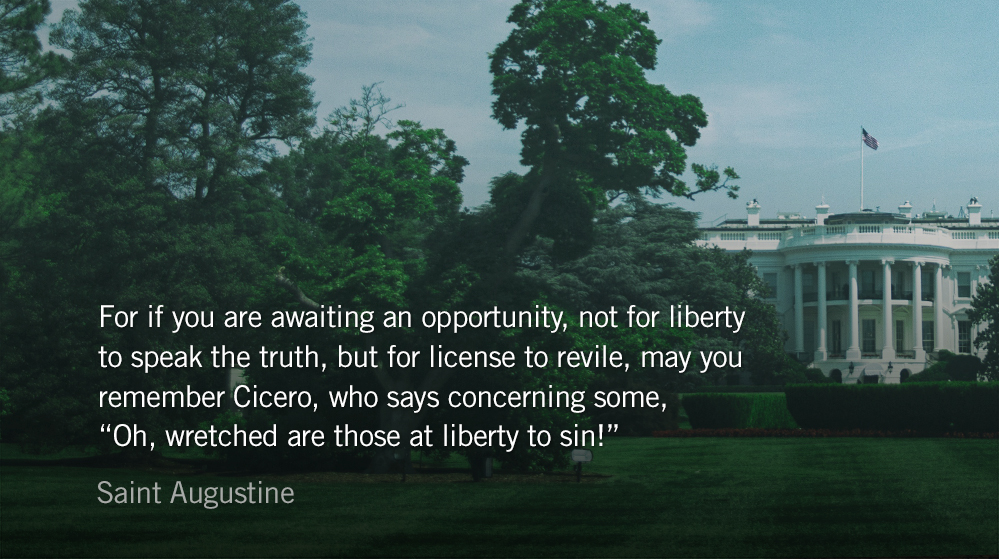By Augustine of Hippo (354-430 C.E.)
To you I lift up my eyes, O you who are enthroned in the heavens! — Psalm 123.1
We do not attribute the power of kingdoms and empires to anyone except the true God. It is He who gives happiness in the Kingdom of Heaven to the righteous. And it is He who gives kingly power on earth, both to the righteous and the unrighteous, as it pleases Him. His good pleasure is always just.
He is the one true God who never leaves the human race without justice and help. He gave a kingdom to the Romans, as He also did to the Assyrians—and even the Persians, who, as their own books testify, only worshipped two gods—to say nothing of the Hebrew people, who, as long as they were a kingdom, worshipped none save the true God.
The same One who gave to the Persians harvests gave power to Augustus and also to Nero. To avoid the necessity of going over all of those to whom He has enthroned: He who gave power to the Christian Constantine also gave it to the apostate Julian—whose gifted mind was deceived by a sacrilegious and detestable curiosity, stimulated by the love of power.
Are not all things ruled and governed by the one God as He pleases—and if His motives are hidden, are they therefore unjust?
For if you are awaiting an opportunity, not for liberty to speak the truth, but for license to revile, may you remember Cicero, who says concerning some, “Oh, wretched are those at liberty to sin!” Whoever deems himself happy because of license to revile, he would be far happier if that were not allowed at all.
The cause of the greatness of the Roman empire is neither fortuitous nor fatal. (Some call things fortuitous which have either no causes or causes which do not proceed from some intelligible order; others call that which happens independently of the will of God and man fatal.) In a word, human kingdoms are established by divine providence.
Now, against the sacrilegious and impious darings of reason, we assert both that God knows all things before they come to pass, and that we do by our free will whatsoever we know and feel to be done by us only because we will it.
God is supreme and true—He can never be believed to have left the kingdoms of men, their dominations and servitudes, outside of the laws of His providence.
*Abridged and adapted from The City of God.
Today’s Reading
Hosea 8 (Listen – 1:58)
Psalms 123-125 (Listen – 1:52)



